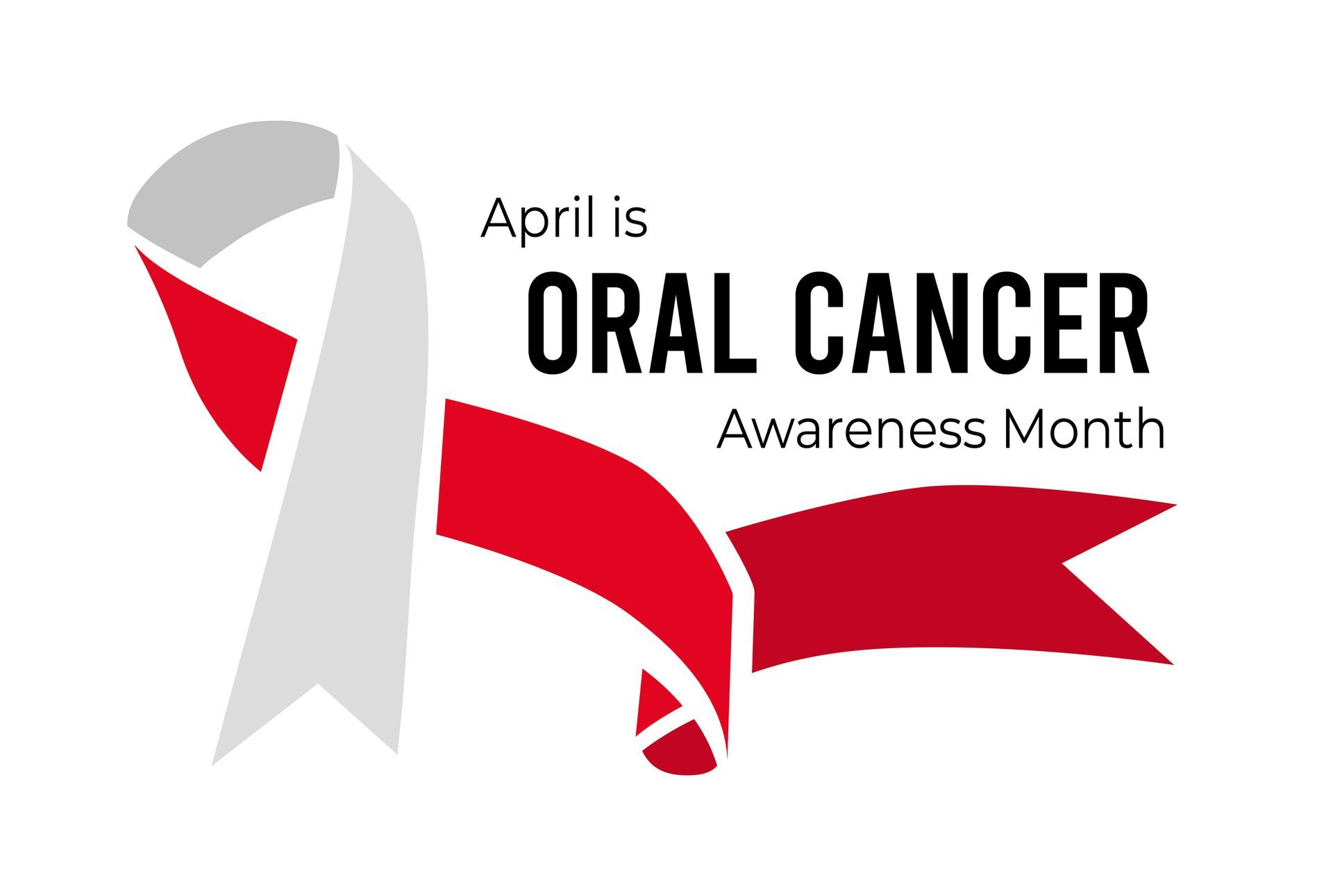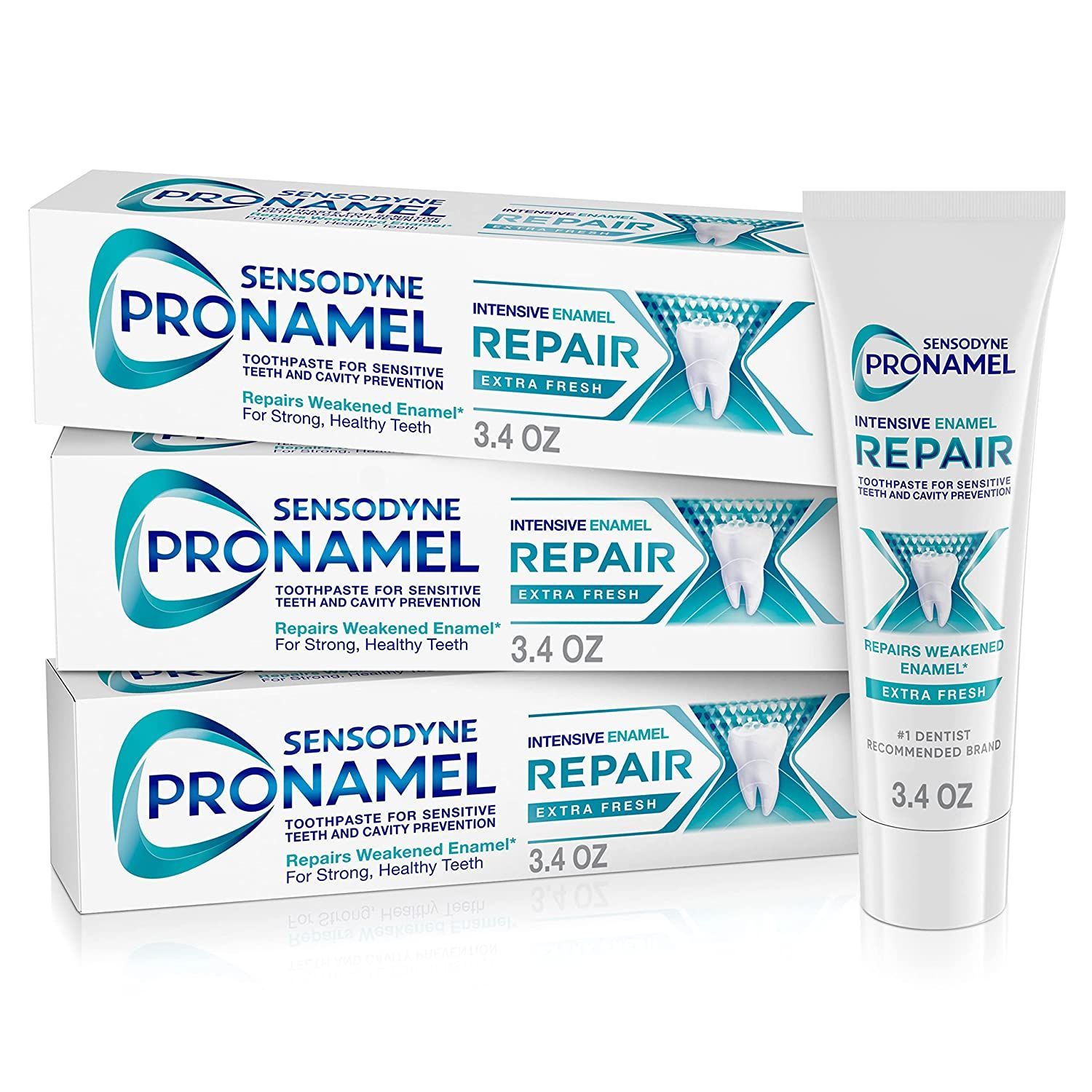What causes tooth sensitivity, and how can I alleviate it?
Tooth sensitivity can be a nagging and uncomfortable dental issue, making everyday activities like eating, drinking, and even breathing painful. If you've experienced that sharp, sudden jolt of pain when consuming hot or cold foods and beverages, you're not alone. In this article, we will explore the common causes of tooth sensitivity and provide effective ways to alleviate and manage this discomfort.

What Causes Tooth Sensitivity?
Tooth sensitivity, also known as dentin hypersensitivity, occurs when the dentin, the inner layer of your tooth, becomes exposed. Several factors can contribute to this exposure, including:
- Worn Tooth Enamel: The enamel is the outermost protective layer of your teeth. Over time, it can wear down due to aggressive brushing, acidic foods and drinks, and bruxism (teeth grinding).
- Gum Recession: Gum recession exposes the sensitive root surface of your teeth. This can happen due to gum disease, aggressive brushing, or aging.
- Tooth Decay: Cavities can lead to the erosion of tooth enamel and expose the inner layers of the tooth, causing sensitivity.
- Cracked or Chipped Teeth: Damage to your teeth can result in cracks or chips that expose the sensitive dentin.
- Tooth Whitening: Some teeth whitening products and procedures can temporarily increase tooth sensitivity.
- Acidic Foods and Drinks: Frequent consumption of acidic foods and beverages can erode tooth enamel, making your teeth more sensitive.
- Dental Procedures: After certain dental treatments like fillings, crowns, or root canals, you may experience temporary sensitivity.

How to Alleviate Tooth Sensitivity
The good news is that tooth sensitivity can often be managed and relieved. Here are some effective strategies:
- Desensitizing Toothpaste: Specialized toothpaste formulated for sensitive teeth can help reduce discomfort. These toothpastes typically contain compounds like potassium nitrate or fluoride, which block the transmission of pain signals.
- Soft-Bristled Toothbrush: Switch to a soft-bristled toothbrush and practice gentle brushing to minimize further enamel wear.
- Proper Brushing and Flossing Technique: Maintain good oral hygiene, but avoid aggressive brushing and flossing, as these can contribute to enamel erosion and gum recession.
- Fluoride Treatment: Your dentist may recommend fluoride treatments to strengthen tooth enamel and reduce sensitivity.
- Avoid Acidic Foods and Drinks: Limit your consumption of acidic items like citrus fruits, sodas, and vinegar-based foods. If you do consume them, rinse your mouth with water afterward.
- Wear a Mouthguard: If you grind your teeth at night, a custom-fitted mouthguard can protect your teeth from further damage.
- Dental Restoration: For more severe cases, dental treatments such as bonding, dental crowns, or inlays/onlays may be necessary to cover exposed dentin and reduce sensitivity.
- Gum Grafting: In cases of advanced gum recession, gum grafting surgery can be performed to cover exposed tooth roots.
- Regular Dental Checkups: Schedule regular dental checkups to address any dental issues early and receive professional advice on managing sensitivity.
- Dietary Changes:
Adopt a tooth-friendly diet that's low in acidic foods and high in calcium-rich foods like dairy products, leafy greens, and almonds.
Tooth sensitivity can significantly impact your quality of life, but with proper care and attention, it is often manageable. Remember that it's essential to address the underlying causes of sensitivity to achieve long-term relief. Consult with your dentist to determine the most appropriate treatment plan tailored to your specific needs. By taking steps to protect your enamel and address gum issues, you can enjoy a more comfortable and pain-free smile.





